My cousin is in town this weekend, and we have a tradition of walking around wherever we are with our fancy cameras and seeing who can get a great shot. Not so much a competition as just a way of sharing our interest in photography (me: semi-pro hobbyist who used to think about photography as a career, him: indie filmmaker and professional at the Armed Forces Network). Today, neither of us brought our good cameras, so we had to rely on our cell phone cameras (me: a Droid X which is EXTREMELY slow in reaction time, him: iPhone).
It just so happens that there was a parade and festival in Koreatown today. I found out because I saw a poster on the wall outside the restaurant on 32nd Street last night where I stopped for dinner on my way home from work.
So we saw a bit of the parade—there were some really gorgeous hanboks
예뻐다!!
and other traditional clothing in several groups–
and then wandered down the street sampling ddukboki and kimbap and stuff like that. One of the drumming groups (below) was practicing for a performance on the stage. Not sure if they got the chance to perform—we left when it started to rain and when I came back to walk to the train on my way home, they were gone. The stage had a roof on it so hopefully they were able to perform. (Again, crappy cell phone pictures. I kind of like the blur, but I hated how I had no control over it.)
Below, here they’re making injeolmi (which I believe is the sticky rice paste needed to make things like ddukbokki—someone correct me if I’m wrong). I had a hard time getting the right information from my fellow bystanders because the two women I was standing next two disagreed on who was right. I think the one to my left was Thai, and she said it started out the same kind of sticky rice as Thai glutinous sticky rice, but the other lady said no, no, it’s injeolmi, which I have no idea how it relates to other kinds of sticky rice. I’ll have to look it up. I loved seeing the way they pounded it—I imagine this is much more of a traditional form of pounding it than something that’s currently practiced widely. But I could be wrong.
As we stood eating ddukbokki and kimbap, a cameraman came up and asked me if I knew what I was eating. “Of course, it’s ddukbokki,” I said. He filmed me and asked me a few more questions (do you know why there’s a parade today, what do you know about Korea, why are you interested in Korea) and I answered him in a combination of English and my broken Korean (because he had just been talking with a group of ajummas next to us in Korean, so I knew he spoke it, and later he confirmed he’s with Korean TV station KBS).
So… if you’re in Korea, if you see coverage on KBS of the New York City Koreafest, maybe you might see me on TV! He seemed to expect that I wouldn’t know what I was eating, so he might not use it at all if he found someone who had no clue. Who knows?
Here’s my cousin and his friend trying on some mascot heads for a resort planned I believe on Jeju Island, which if you don’t know, a lot of Koreans describe as their version of Hawaii. Jeju is known for its tangerines and, I just learned from watching Tamra Island, had some pretty matriarchal traditions even in the years in which the rest of Korea was strictly patriarchal, due to the importance to their economy of the women who dove for abalone. I have a feeling that the show, of course, exaggerated a lot more than the comic-book nature of the plot, so I’m not sure how much of what they portrayed about the women wearing the “pants” of the family is historical fact, but it’s pretty cool and something I want to know more about. By the way, that show is called “Tamra” here in the U.S. but I’m unclear on why. If you listen to the actors when they refer to the old name for Jeju Island, they’re clearly saying “Tamna,” which is also what the Hangul says (탐나는 도다, Tamnaneun Doda).
And yes, I just about exhausted my knowledge of Korean right there, same as when I told the cameraman that “ddukbokki joayo” (ddukbokki is good) and being there made me “hangbokae” (happy). I’m sure I slaughtered the conjugation of the verb that means “is good,” but hey, I’m still a beginner. Also, if you end up watching Tamra the Island, don’t worry about Caucasian mullet-boy who’s supposed to be English but who speaks better Korean than he does English. It’s quite cheesy and the English is downright laughable at first in the first episode or so (the Korean actor is better at English than the “English” one who is actually a French model) but it’s a cute, comic-book-esque story that is worth sticking around for.
And I had a number of other interesting conversations with people who were surprised when I told them I watched Korean dramas. I thought the Hallyu was becoming a big thing now, but apparently it’s still surprising enough when a Caucasian is interested?
By the way, if you’re interested in learning Korean, I’ve found Talk to Me in Korean very fun and friendly to learn from. Their podcasts and videos are short (usually around 15 minutes) and very conversational, starting with very basic phrases like annyeonghaseyo (hello) and building from there in a nice logical way, and explaining things in a way that makes things make so much more sense culturally and linguistically, which is more than I can say for the book I’d been using before that. Living Language has been great in many ways, but they made what I’d already learned from my Living Language set make actual sense, and it felt like I was talking to one of my Korean friends rather than studying out of a book and listening to static phrases. I’m still going to use the Living Language book to study from, but I’m going to rely on TTMIK to tell me what it all means.
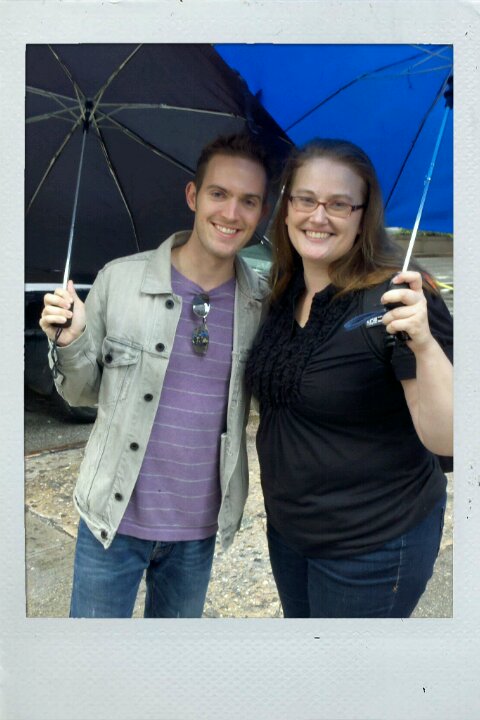
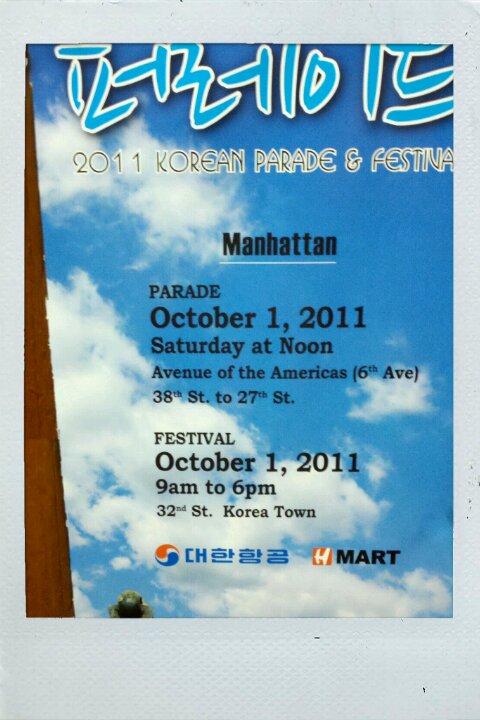
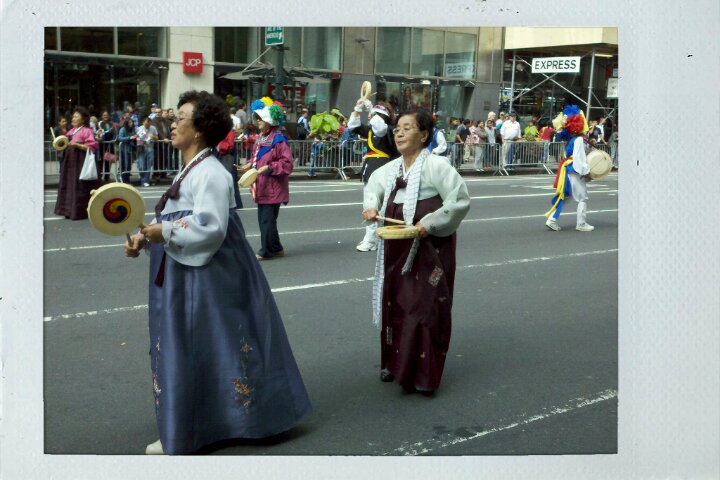
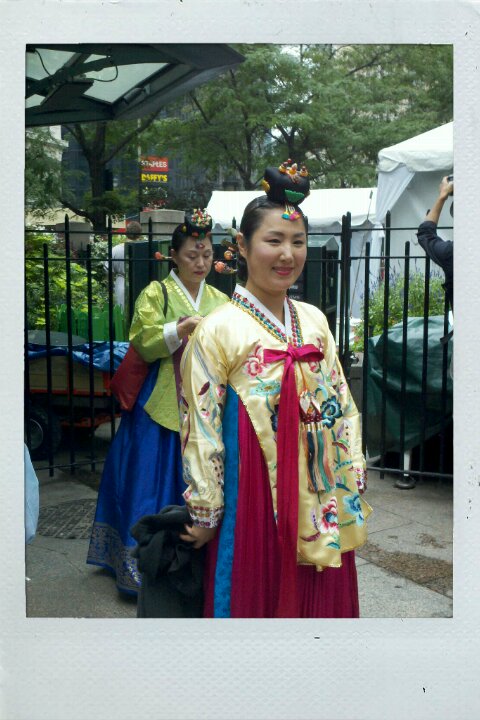
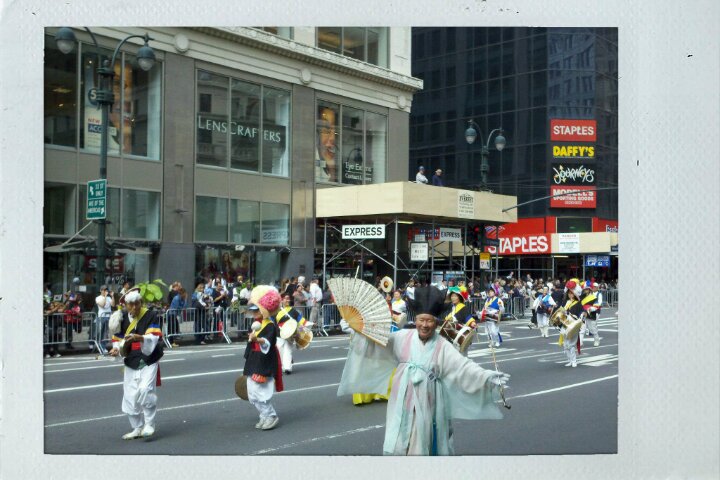
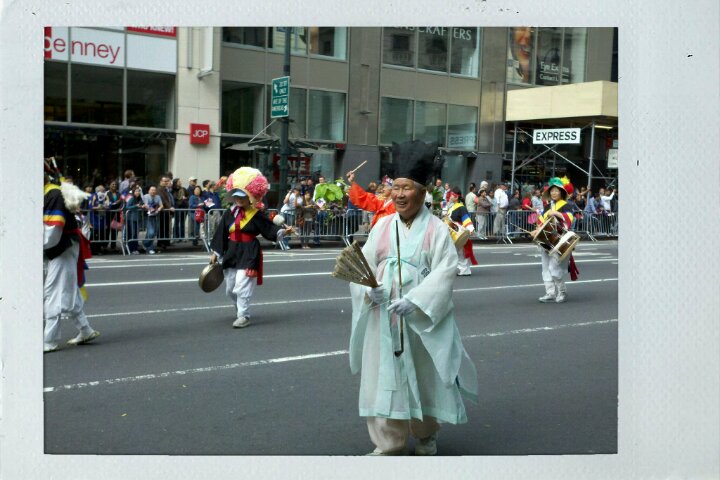
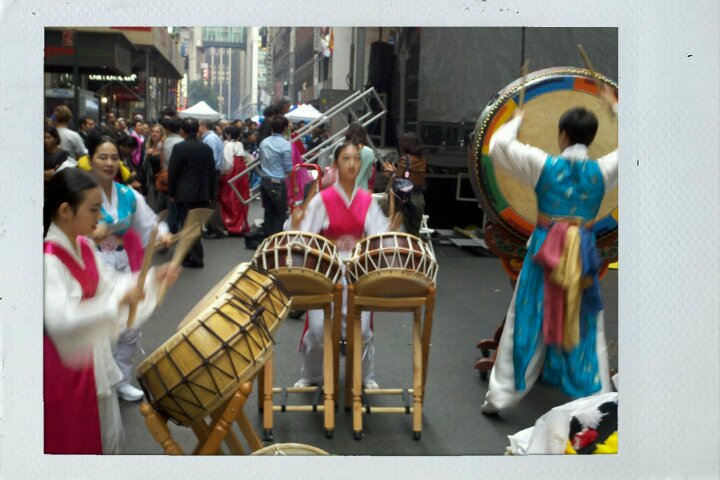
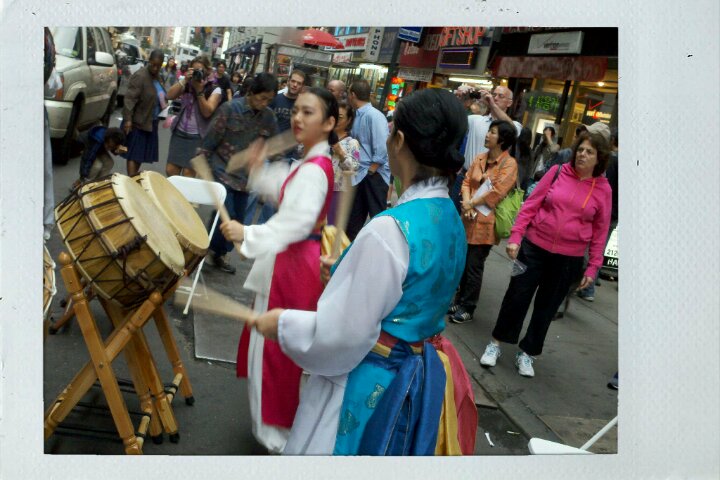
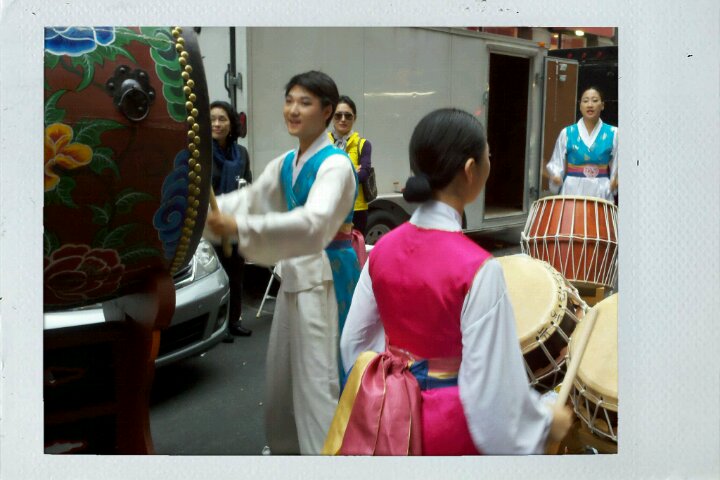
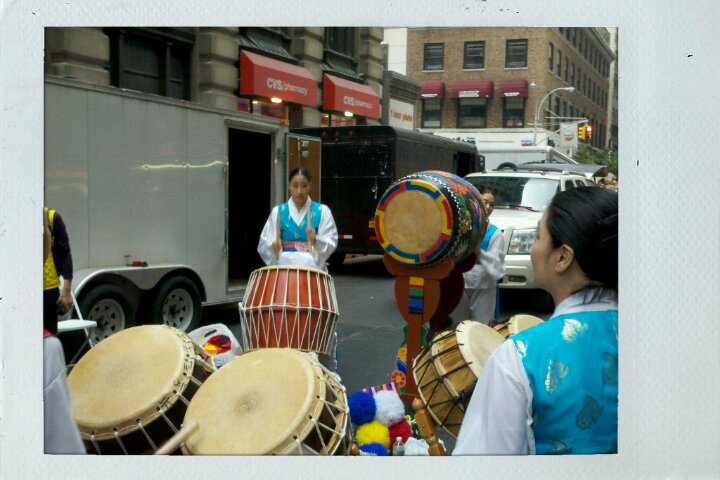

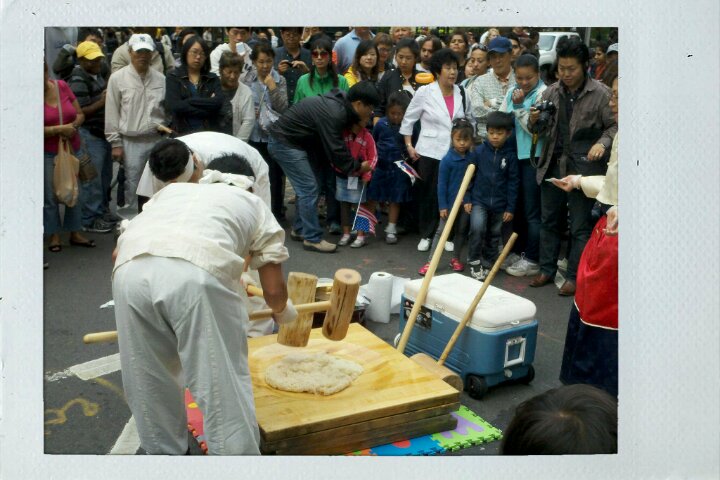
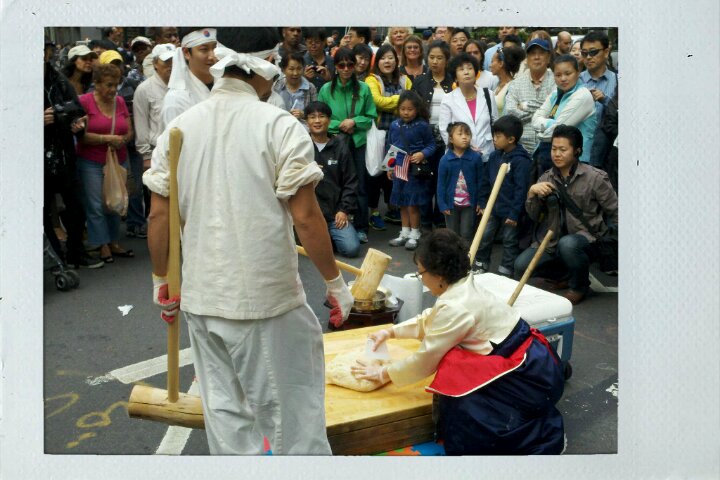
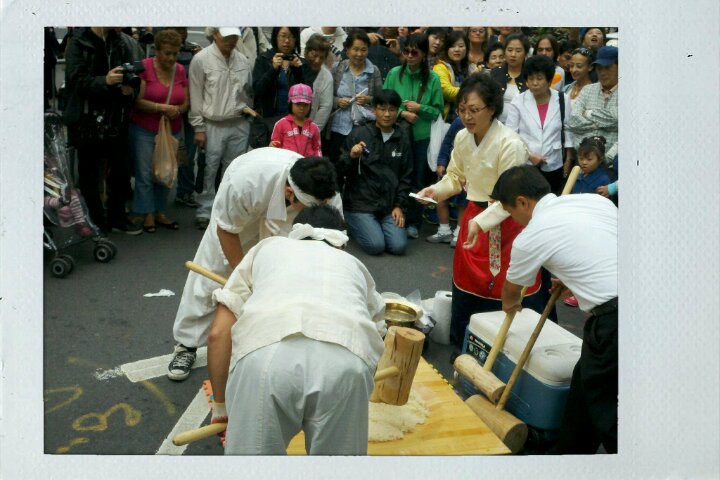
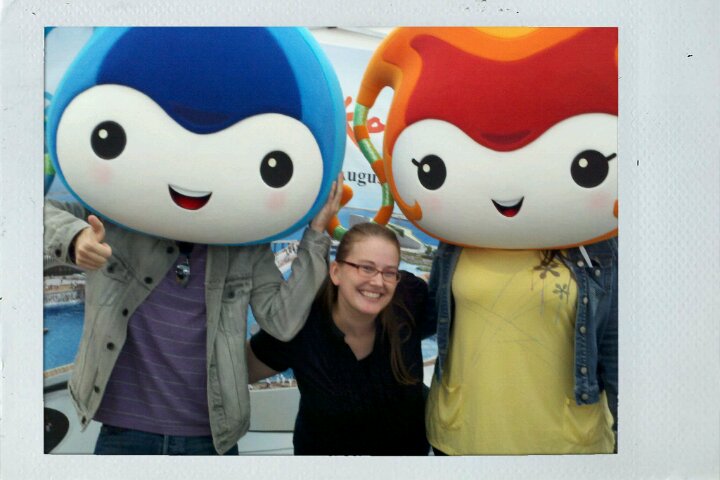
Looks like fun. That’s cool that you’re learning to speak Korean.
Thanks! It’s been something I’ve wanted to do since my first Korean roommate back in 1999, but it’s taken me this long to get over the hurdle of thinking it’d be too hard. It helps that Talk to Me in Korean makes it feel so easy, even if it is slow going.